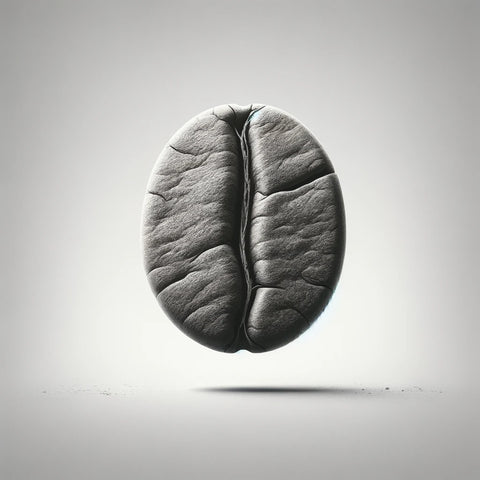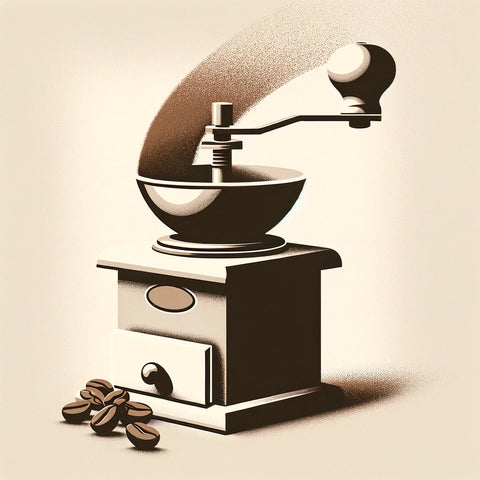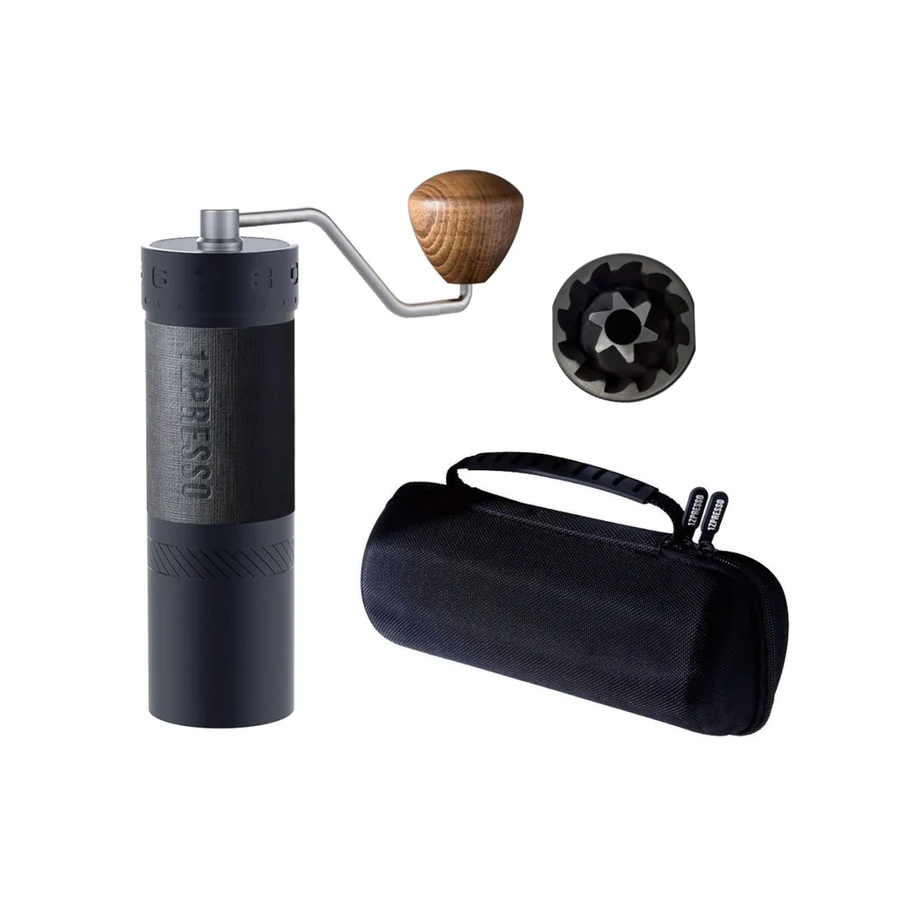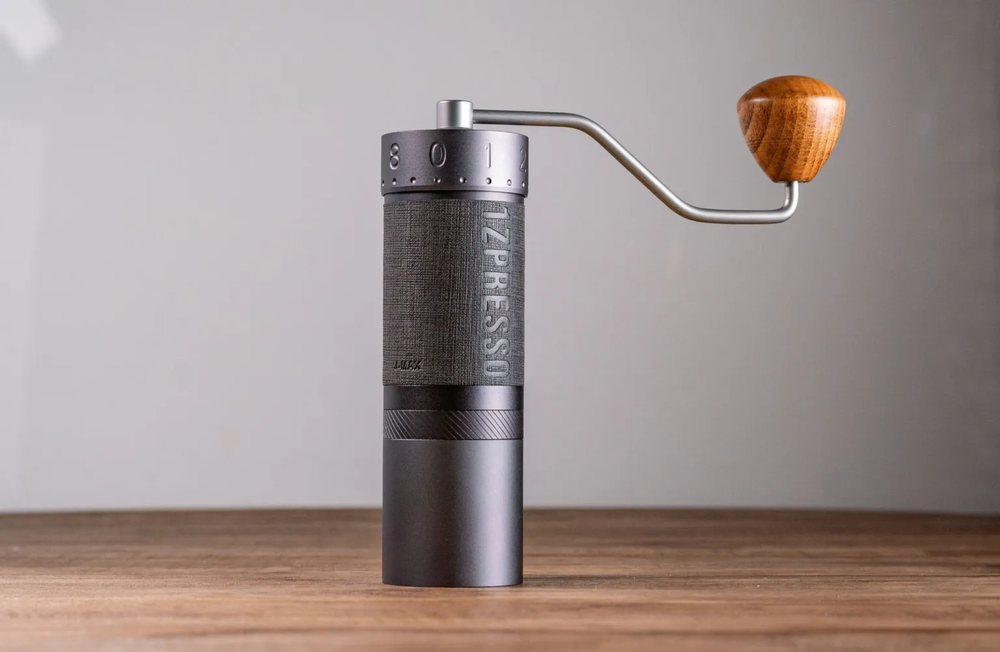Variables In Brewing Coffee
Introduction
Brewing coffee is a precise process with several variables that can affect the flavour, aroma, and overall quality of the final cup. Understanding and controlling these variables can help you brew the perfect cup of coffee tailored to your preferences. Here are the key variables in brewing coffee:
1. Coffee Beans:
- Coffee beans' origin, variety, and quality significantly influence the flavour and aroma of your coffee. Different beans offer distinct flavour profiles

2. Coffee Grind Size:
- The grind size of your coffee grounds is crucial and varies depending on your brewing method.
- For example:
- Coarse grind: French press
- Medium grind: Drip coffee maker
- Fine grind: Espresso machine
- The right grind size ensures proper extraction and prevents over-extraction or under-extraction (link to coffee extraction article 14)
3. Water Quality:
- The quality of the water you use is essential. It should be clean, fresh, and free from impurities or strong odours.
- Water hardness (mineral content) can affect the coffee's taste, so consider using filtered water or bottled spring water.
4. Water Temperature:
- The water temperature should be between 90°C to 96°C. Consistent temperature is vital for proper extraction.
5. Coffee-to-Water Ratio:
- The amount of coffee grounds relative to water (brew ratio) affects strength and flavour. (Link to ratio article)

6. Brewing Time:
- The time the coffee grounds are in contact with hot water determines the strength and flavour.
- Shorter brew times can result in under-extraction (sour or weak coffee), while longer brew times can lead to over-extraction (bitter or harsh coffee).
7. Brewing Method:
- Different methods like pour-over, French press, espresso, drip, AeroPress, and more, have unique requirements and produce distinct flavours.
8. Water Distribution:
- In pour-over and drip methods, the way you pour hot water over the grounds and distribute it can impact extraction.
9. Brewing Equipment:
- The type and quality of your coffee maker, grinder, and filters can affect the brewing process and the final taste.

10. Brew Time and Stirring:
- Some methods, like AeroPress or French press, require stirring or agitation during brewing for even extraction.
11. Brew Temperature Stability:
- In espresso machines, the stability of the water temperature during brewing is crucial for consistent results.
12. Freshness:
- Coffee beans should be as fresh as possible, ideally consumed within a few weeks of roasting, and ground just before brewing.
13. Storage:
- Proper storage of coffee beans in an airtight, cool, and dark container can help preserve freshness.
Conclusion
Experimenting with these variables and keeping detailed notes can help you dial in the perfect brew for your taste preferences. It may take some trial and error to find the ideal combination of variables that produces your favourite cup of coffee.



